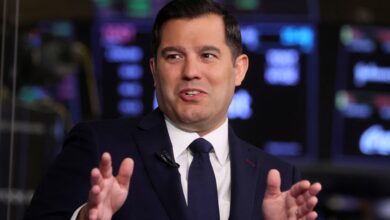3 Accounts To Put in Place as You Plan Your Early Retirement

You’ve put in the hard work ever since landing your first job as a teenager. From scooping ice cream to leading project teams, you’ve built a solid financial foundation with a core goal in mind – retiring early. As you continue to climb the career ladder, you’re now at a point where you can start planning for that early retirement. While working with a financial advisor, you may also be curious about what some of the top financial experts recommend. Suze Orman, a renowned personal finance expert and best-selling author, advocates for strategic retirement planning.
Orman emphasizes the importance of setting up key accounts now to ensure financial preparedness for retirement. Many young professionals may not prioritize their retirement accounts, and individuals in their 30s and 40s may not contribute as much as they could to their 401(k) plans or IRAs. Orman urges individuals in their 20s to start saving at least 15% of their income in a retirement account. By starting early and consistently saving, individuals can set themselves up for financial stability in the future.
While Orman understands that those at the beginning of their careers may not be able to max out their retirement account contributions, she encourages prioritizing this once established in their careers. Additionally, Orman stresses the importance of having an emergency fund, which becomes even more critical in retirement when there is no longer a steady paycheck. By having a well-stocked emergency fund now, individuals can avoid dipping into their retirement savings and stay on track with their early retirement plans.
Orman recommends placing emergency savings in a high-yield savings account, allowing the money to grow through interest while remaining easily accessible. Unlike retirement accounts, high-yield savings accounts do not incur penalties for withdrawals. She also suggests setting up two separate emergency fund accounts – one for predictable expenses and another for unexpected financial shocks.
In conclusion, planning for early retirement requires strategic financial decisions and disciplined savings habits. By following the advice of experts like Suze Orman and prioritizing retirement accounts and emergency funds, individuals can work towards achieving their goal of retiring early and enjoying financial security in the future.





